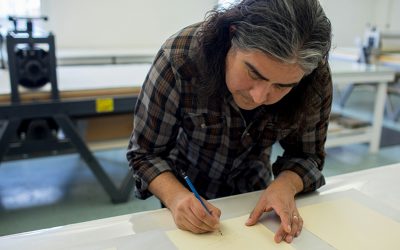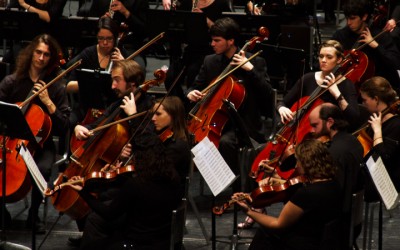Amjad Ali Khan is one of the undisputed masters of the music world. For many, he takes on a celestial avatar when he is playing the Sarod. Born to Sarod icon Haafiz Ali Khan, he gave his first performance at the age of six. Over the course of his career, he has delivered his music in a flexible instrument line that is vocal in its expressiveness. He has reinvented the technique of Sarod playing which today is distinct in its nomenclature. He has won numerous accolades including a Grammy nomination, the Crystal Award by the World Economic Forum and has performed at venues the world over including Carnegie Hall and the Royal Albert Hall. Amaan Ali Khan and Ayaan Ali Khan represent the 7th generation of a musical lineage, as sons and disciples of the sarod icon,Amjad Ali Khan. With him they have performed across the globe at the Kennedy Center, and Smithsonian and WOMAD festivals on many continents. They have also collaborated with guitarist Derek Trucks of the Allman Brothers Band, among others, and established themselves as a duo, carrying forward their musical legacy in sync with both tradition and contemporary times. In 2014, Amjad Ali Khan, Amaan Ali Khan and Ayaan Ali Khan performed at the prestigious Nobel Peace Prize Ceremony in Oslo, Norway on as well as the Nobel Peace PrizeConcert along with the lineup of Queen Latifa, Steven Tyler, Nuno Bettencourt and Laura Mvula. They present traditional Indian Classical Ragas and Indian Folk Music that will be interpreted on their Sarods.
Pulitzer winning alumnus Raven Chacon to debut new composition, perform
Pulitzer winning alumnus Raven Chacon to debut new composition, perform Tickets available for performances in Santa Fe, Albuquerque By Mary Beth King August 11, 2022 Pulitzer Prize winning Diné composer and sound artist Raven Chacon, who earned his Bachelor of Arts...
The American Prize in Vocal Performance—Women in Art Song and Oratorio, 2022 Winner
The American Prize National Nonprofit Competitions in the Performing Arts, David (Volosin) Katz, founder and chief judge, is honored to announce the winners, runners-up, and honorable mentions of The American Prize in Vocal Performance—women in art song and oratorio,...
UNMSO and UNM Choirs Present: A Concert For Healing
Friday, May 5 at 7:30 pmPopejoy HallUNM Symphony Orchestra directed by Dr. Matthew Forte.UNM Choirs directed by Dr. David Edmonds The UNM Choirs and Symphony Orchestra present a concert that speaks directly to the challenges faced by musicians during the COVID-19...



